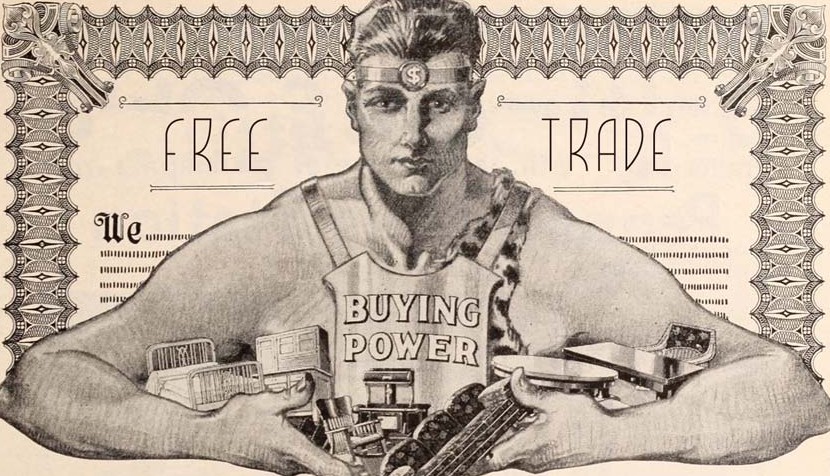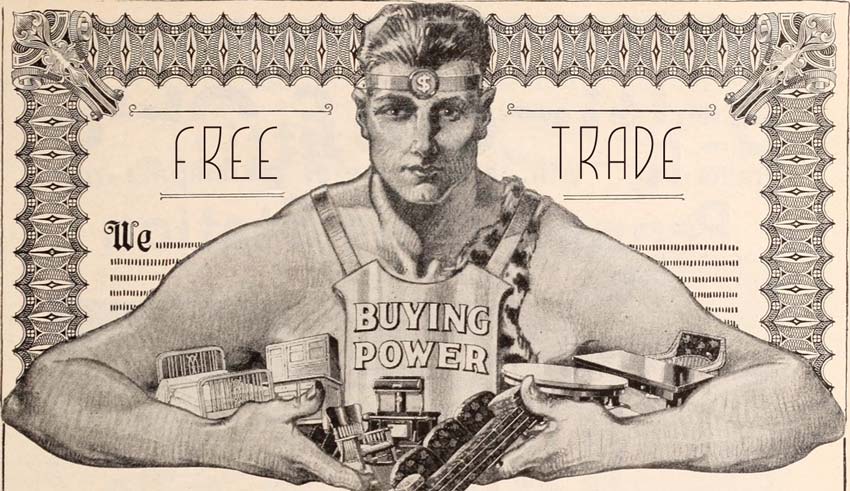“Paul,” an old boss of mine used to say, “there are no set prices.”
He meant that when a vendor said it would cost x, my choice wasn’t just yes or no. Negotiate. I could say, “Boy, I’d sure like that, but golly, I can’t afford to pay x. Any chance you’d consider 4/5ths of x?”
It was amazing how often I bought what was priced at x for less than x.*
Consider government waste — from the Pentagon’s $400 hammers to millions in cost overruns for weapons systems. Politicians pay lip service to getting waste under control, but actually do something about it?
Yeah, right.
That’s why I took notice last December when then President-Elect Trump tweeted “Cancel order!” in response to the high price of a future Air Force One from Boeing. Then, Trump sent Lockheed stock down 3 percent with another tweet:
Based on the tremendous cost and cost overruns of the Lockheed Martin F‑35, I have asked Boeing to price-out a comparable F‑18 Super Hornet!
“Mr. Trump … would like to squeeze Lockheed for a better deal …” the New York Times explained, adding that Trump had “sent shock waves through the military industry.”
Sen. Richard Blumenthal from Connecticut, where the F‑35’s engines are manufactured, responded, “The suggestion that costs are out of control is just plain wrong.”
Well, last week, CNN reported that, “Defense giant Lockheed Martin has agreed to sell 90 new F‑35 fighter jets to the US Defense Department … a deal that amounts to more than $700 million in savings over the last batch of aircraft delivered.”
There are no set prices.
This is Common Sense. I’m skinflint Paul Jacob.
* Even when a vendor wouldn’t budge on price, I could always call back a day later and say I’d finagled a way to afford it. Even then, the message that cost mattered likely started any future negotiations from a better position.

